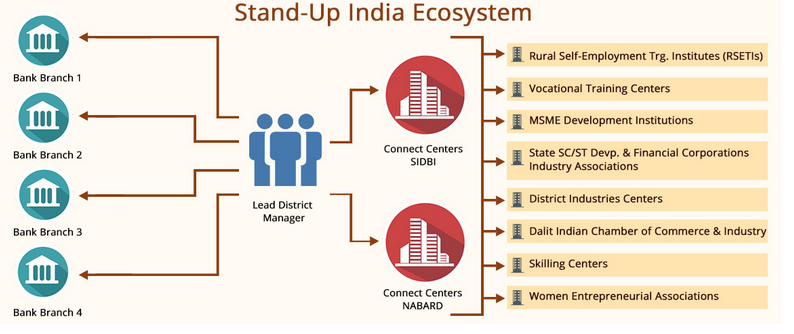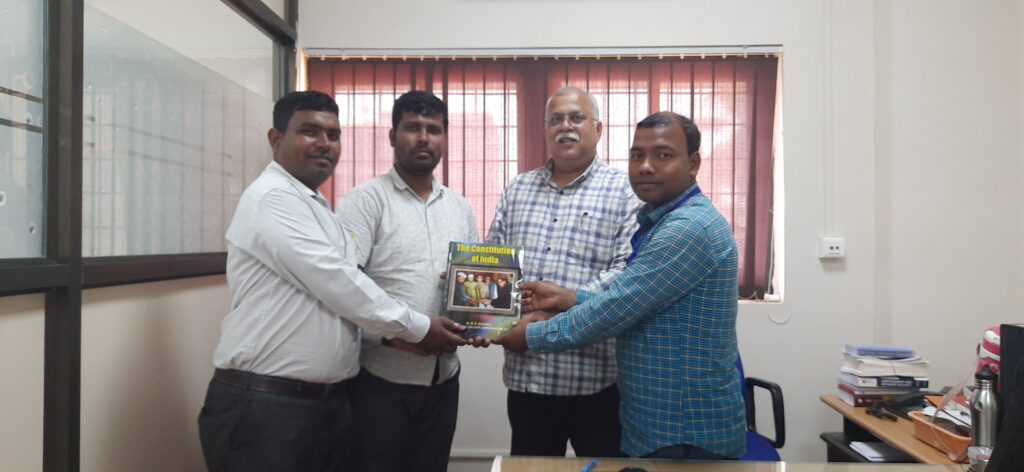![]()
26 Alipur Road where Dr BR Ambedkar breathed his last is known as Mahaparinirvana Bhoomi. The memorial has been designed to look like a constitution in the form of a book and is spread in nearly 2 acres. This building is an amalgamation of modern and Buddhist architecture. Musical fountains, a replica of the Ashoka pillar at Sarnath and a 12 foot high bronze statue are some of the highlights of this complex. The first floor houses high quality displays related to Babasaheb’s life. The lower level of the two-storied building has an exhibition gallery, where days spent by Ambedkar on the premises have been illustrated. His last days and journey have also been captured vividly. And this unique interactive table is a delight for Constitution lovers. It is full of information on Baba Saheb and the Indian Constitution. The Memorial also has a meditation hall with a Marble statue of Mahatma Buddha. The stone used is in the area has been imported from Vietnam.
Timings
Timings 10:00 am – 7:00 pm (Monday Closed)
Address:
26, Alipur Road, Civil Lines Near Vidhan Sabha, New Delhi, Delhi 110054
Nearest Metro
Vidhan Sabha
- For more details visit : https://daic.gov.in/



